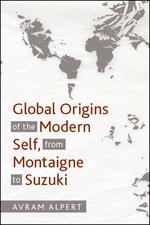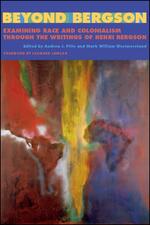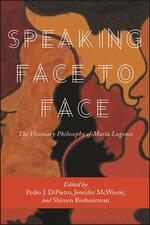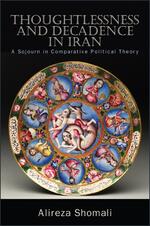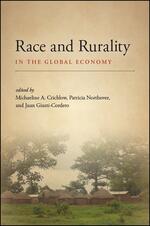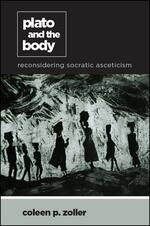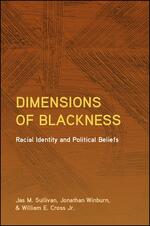Cultural Studies
Global Origins of the Modern Self, from Montaigne to Suzuki
Explores how writers across five continents and four centuries have debated ideas about what it means to be an individual, and shows that the modern self is an ongoing project of global history.
Exiles, Entrepreneurs, and Educators
Compares the political activities of African Americans who settled in Ghana in the 1950s and 1960s with those who settled in the 1980s to the present.
Postpolitics and the Limits of Nature
Explores why past generations of radical ecological and social justice scholarship have been ineffective, and considers the work of a new wave of scholarship that aims to reinvent the radical project and combat injustice.
Malleable Māra
Analyzes the breadth of representations of the mythic figure of Māra in Buddhism to reveal how closely tied such narratives are to the social and historical concerns of Buddhist communities.
Coming Together
Archaeologists, anthropologists, and classicists discuss how urbanization first emerged in strikingly different sociopolitical contexts in North America, Europe, and the Near East.
From News to Talk
Explores how journalists think and talk about changes in the news environment, with a focus on the increase in opinion and commentary.
Neo-race Realities in the Obama Era
Considers the impact of neo-racism during the Obama presidency.
Beyond Bergson
Examines Bergson’s work from the perspectives of critical philosophy of race and decolonial theory, placing it in conversation with theorists from Africa, the African Diaspora, and Latin America.
Speaking Face to Face
The first in-depth analysis of the radical feminist theory and coalitional praxis of scholar-activist María Lugones.
Thoughtlessness and Decadence in Iran
Bridges Western and non-Western political thought to address the problem of democracy and political decadance in contemporary Iran and, by implication, similar Islamic societies.
Totalitarian Space and the Destruction of Aura
Diagnoses our contemporary spatial experience as fundamentally totalitarian through a multilayered critical theory of space.
Boundary Lines
Systematically addresses the philosophical implications of the postcolonial.
Rumble and Crash
Analyzes six films as allegories of capitalism’s precarious state in the early twenty-first century.
Lacan and Romanticism
Draws from the work of Jacques Lacan to provide innovative readings of Romantic literature in the long nineteenth century.
Age of Shōjo
Examines the role that Japanese girls’ magazine culture played during the twentieth century in the creation and use of the notion of shōjo, the cultural identity of adolescent Japanese girls.
Jewish Veganism and Vegetarianism
A multidisciplinary approach to the study of veganism, vegetarianism, and meat avoidance among Jews, both historical and contemporary.
The Mexican Revolution on the World Stage
Explores the wide-ranging impact of the Mexican Revolution on global cinema and Western intellectual thought.
Affectual Erasure
Comprehensive examination of how Indigenous peoples have been represented in Argentine film.
Race and Rurality in the Global Economy
Essays that examine globalization's effects with an emphasis on the interplay of race and rurality as it occurs across diverse geographies and peoples.
Troubled Memories
Analyzes literary and cultural representations of iconic Mexican women to explore how these reimaginings can undermine or perpetuate gender norms in contemporary Mexico.
Rule, Britannia!
Assesses how cinematic biographies of key figures reflect and shape what it means to be British.
Liminal Sovereignty
Uses cultural representations to investigate how two religious minority communities came to be incorporated into the Mexican nation.
Plato and the Body
Offers an innovative reading of Plato, analyzing his metaphysical, ethical, and political commitments in connection with feminist critiques.
Fashion, Modernity, and Materiality in France
An interdisciplinary examination of French fashion, modernity, and materiality from the eighteenth to the early twentieth centuries.
Dimensions of Blackness
A multidimensional approach captures the complexities of African American racial identity.
